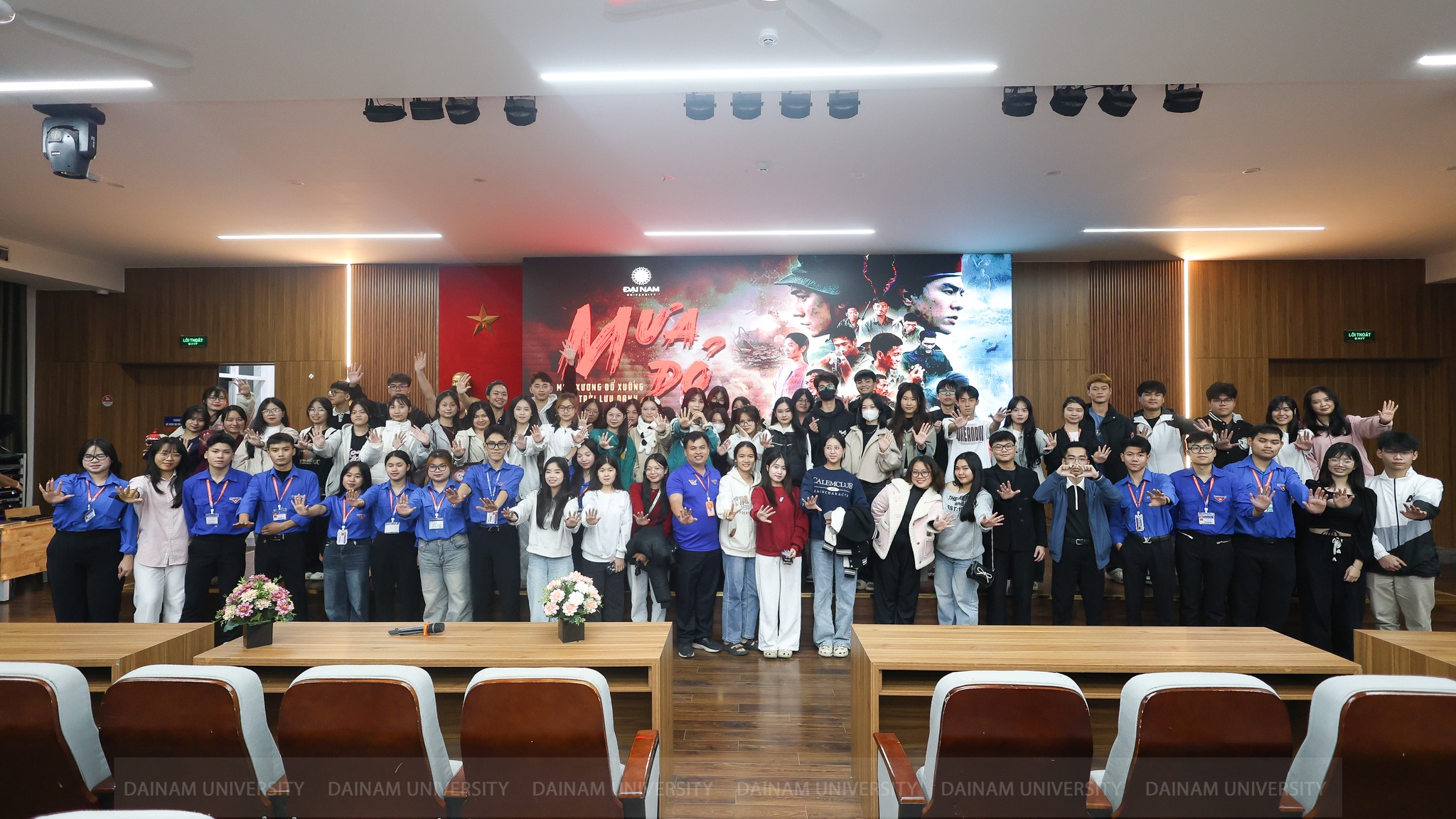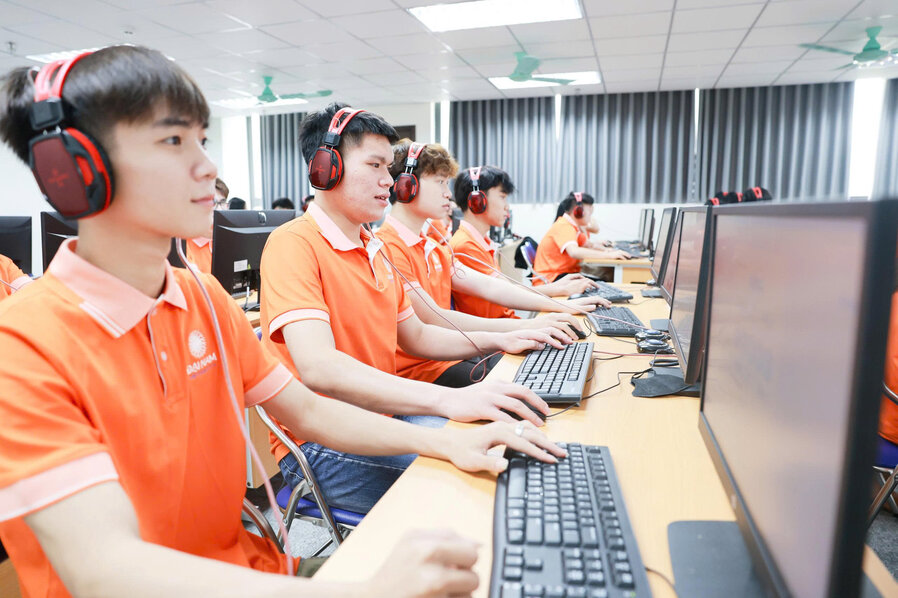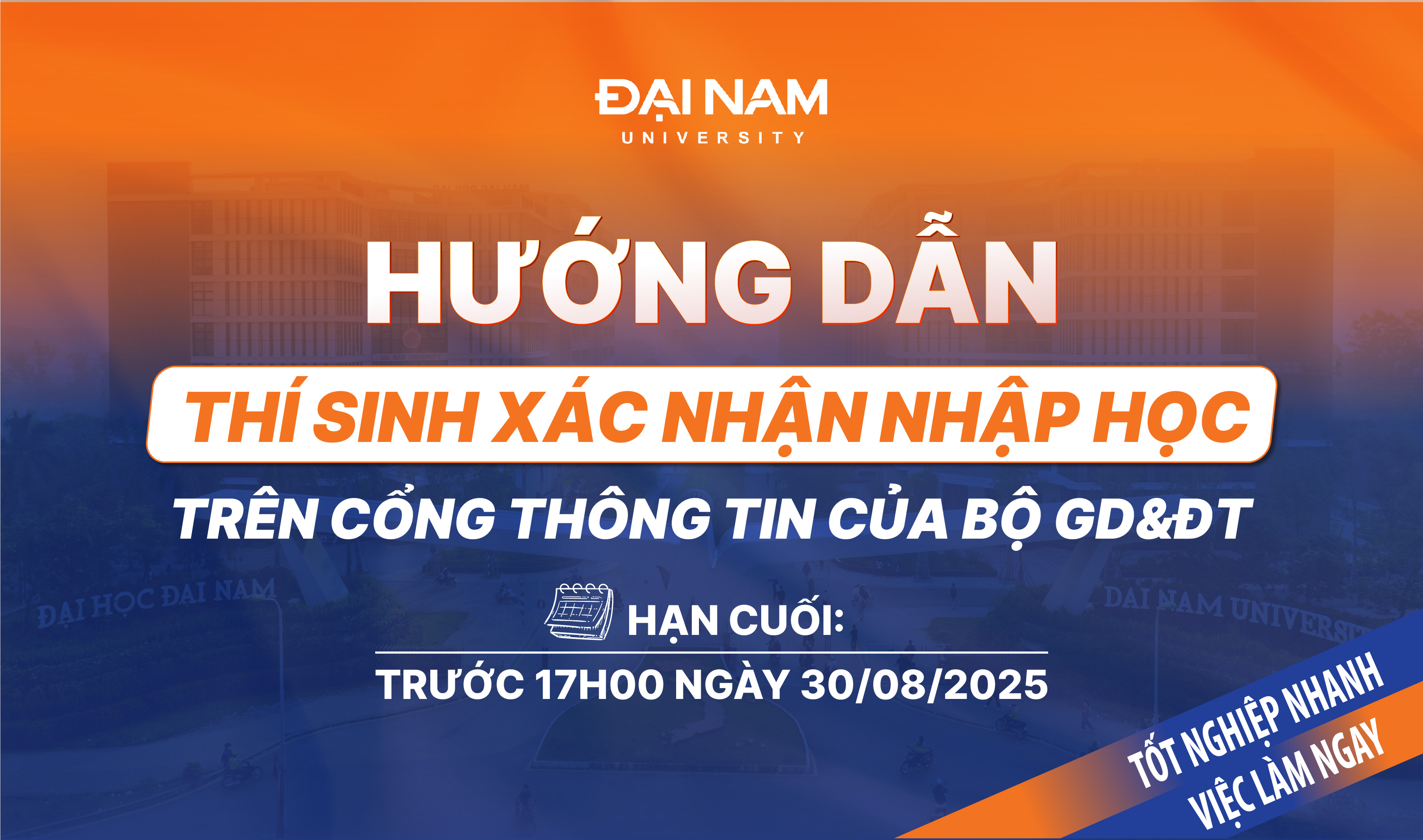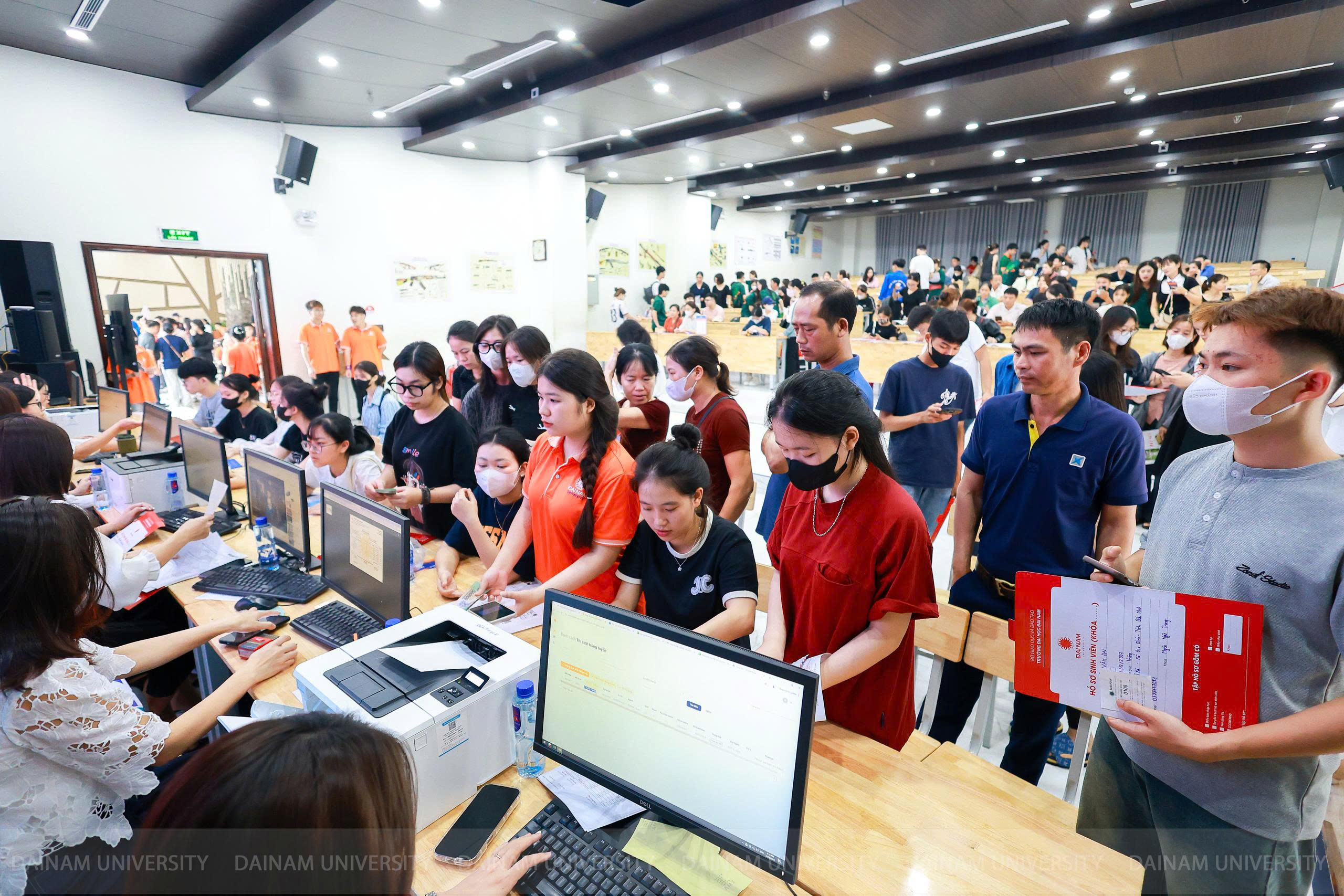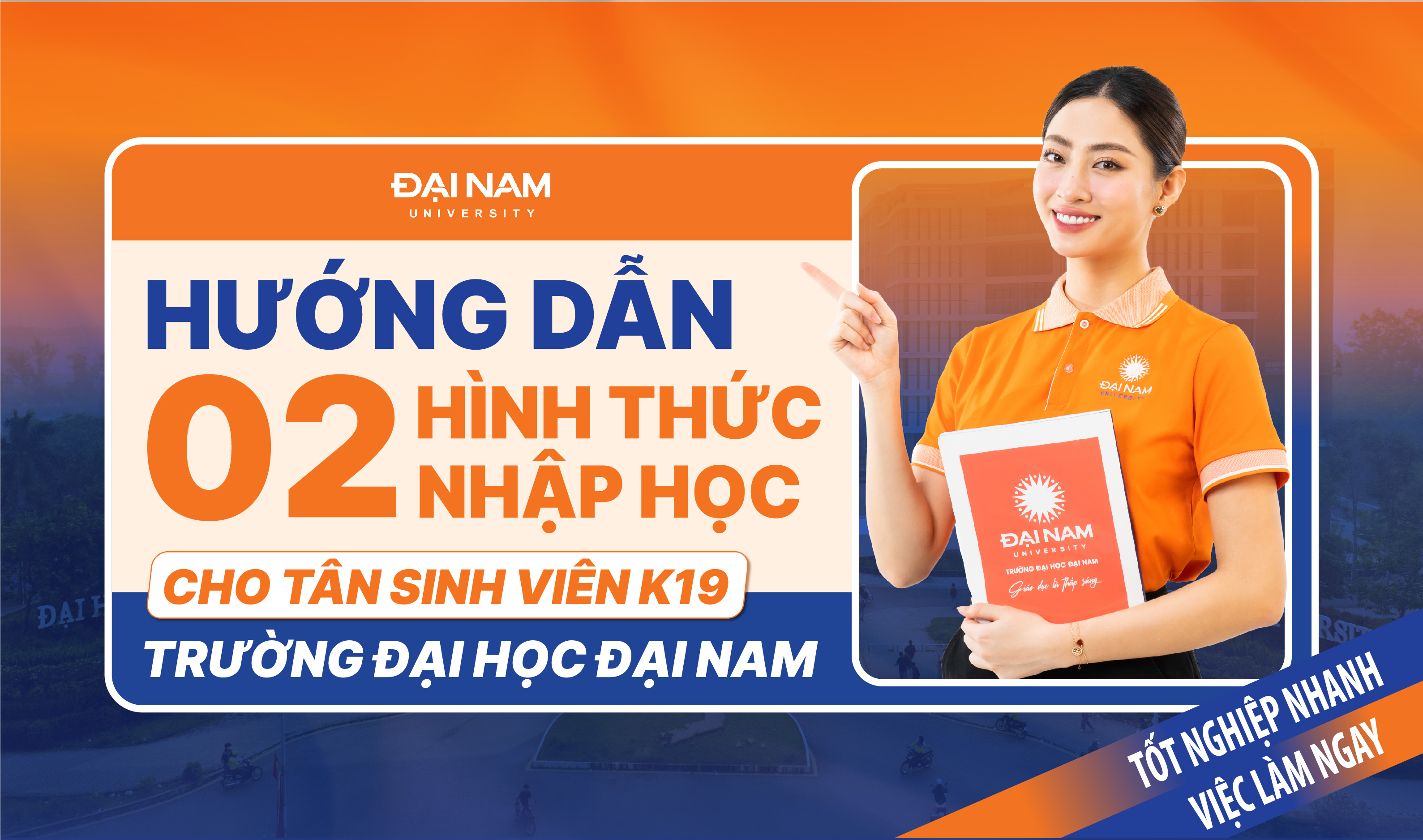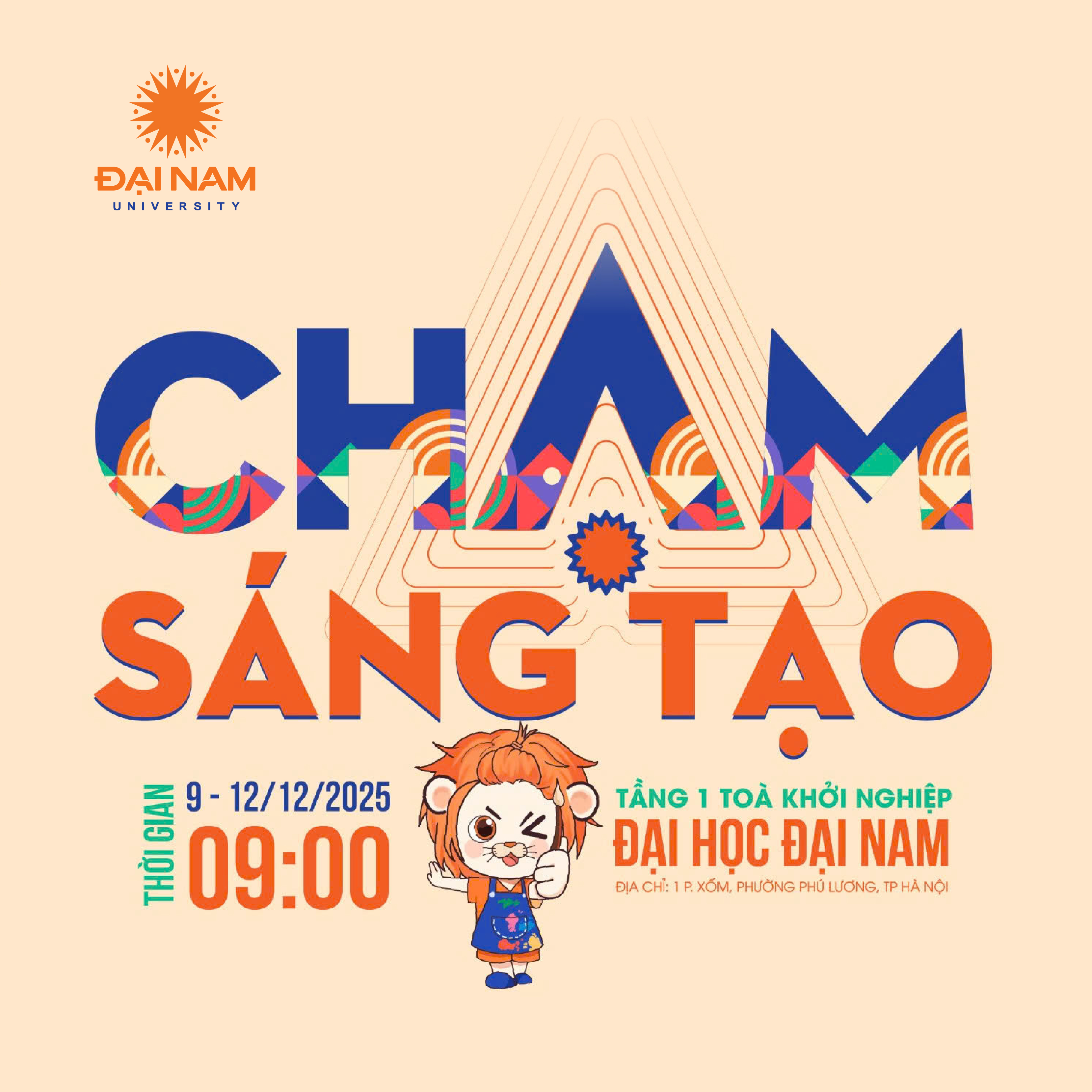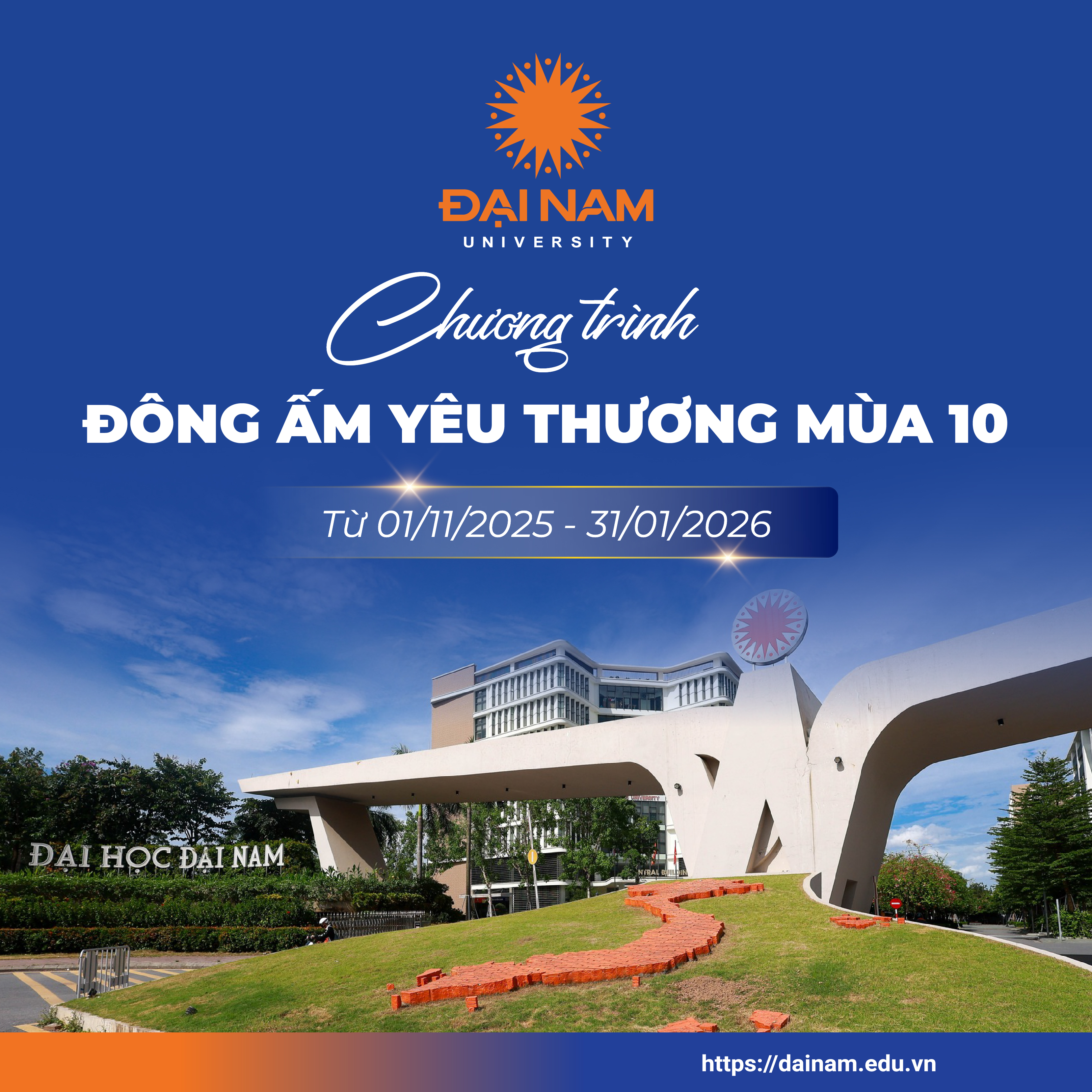Currently, candidates across the country are focusing on registering for the national high school exam , both to graduate from high school and to get results for university and college admissions. Universities and colleges are also preparing plans to organize the most effective admissions. Among them, many schools are implementing autonomous admissions with many new points attracting the attention of candidates.
Diversified methods of autonomous enrollment According to the Ministry of Education and Training (MOET), in 2015, the whole country had 133 universities and colleges organizing enrollment according to the autonomy project. Of which, there were 45 non-public universities and colleges and 88 public universities and colleges. Universities and colleges with autonomous enrollment must develop a project to solicit public opinion and be confirmed by the MOET to ensure the conditions for autonomous enrollment. Most autonomous schools implement two methods of enrollment, which are based on the results of the national high school exam and based on the high school transcript scores of candidates .
Typically, Hoa Binh University reserves 30% of its total enrollment quota for admission based on the results of the national high school exam in the exam clusters chaired by the university (candidates must meet the minimum threshold set by the Ministry of Education and Training); reserves 70% of its total enrollment quota for admission based on academic records for high school graduates with good conduct or better. Gia Dinh University of Information Technology reserves 20% of its total enrollment quota for admission based on the national high school exam; 80% of its total enrollment quota for admission based on the grade 12 academic records of the subjects corresponding to the graduation exam subjects of the candidates.
In addition to the above admission forms, many schools have aptitude tests that are based on the results of the national high school exam or high school study results, and also organize aptitude tests themselves. Typically, Dai Nam University admits candidates based on high school study results, good conduct or better. In addition, the school uses the results of the national high school exam at the exam clusters chaired by universities; the admission threshold is according to the 2015 university and college admission regulations. However, Dai Nam University only uses the results of two subjects from the national high school exam , the remaining aptitude tests will be self-organized for admission. Nguyen Trai University also organizes two forms of admission: based on high school study results and the results of the national high school exam chaired by universities according to the minimum score threshold prescribed by the Ministry of Education and Training and admission. In addition, for the fields of architecture and graphic design, the school organizes aptitude tests for candidates.
Notably, among the universities and colleges that implement autonomous enrollment, Hanoi National University (VNU) has organized its own exam, which is to use a unified test to assess university admission capacity.
Candidates applying to VNU will take the competency assessment test held in two sessions in May and August. Based on the results of the competency assessment test, VNU will consider admission from high to low scores (up to the minimum admission score prescribed by major and type of training program). For the University of Foreign Languages (VNU), candidates must take an additional foreign language test for admission. The test subjects are prescribed by the University of Foreign Languages in English, Russian, French, Chinese, German, and Japanese, in accordance with the entry requirements for each training program.
The University of Foreign Languages determines the minimum score of the competency assessment test for each major, then selects candidates based on the foreign language test scores from top to bottom. All candidates who have been admitted based on the competency assessment test scores will be admitted to VNU after achieving the high school graduation score according to the regulations of the Ministry of Education and Training.
Non-public schools must publicize tuition fees. A noteworthy point in the process of posting enrollment information, according to the regulations of the Ministry of Education and Training, non-public universities and colleges must publicize tuition fees so that candidates know and choose schools based on their financial ability to meet the tuition fees or not. Therefore, along with autonomy in enrollment, many universities also announce tuition fees for the entire course or each school year.
Many universities and colleges increased their tuition fees in 2015 compared to 2014, attracting the attention of candidates. However, the level of increase is different. Some schools have a small increase in tuition fees such as Dong Do Private University, the tuition fee in 2014 was from 800,000 to 820,000 VND/month, in 2015 it increased to 900,000 VND/month.
The first year tuition fee of Phuong Dong Private University is from 10 to 13 million VND/year, increased from 11 to 14 million VND/year. Yersin University (Lam Dong), Industrial Fine Arts Architecture is 11 million VND/year, increased to 12 million VND/year.
However, there are also schools with high increases such as Dai Nam University (Hanoi) with the highest tuition fee increase for Pharmacy from 1.8 million VND/month to 2.4 million VND/month. Tan Tao University (Long An) although the tuition fee is quite high, the tuition fee for Medicine increased from 100 million VND/year to 106 million VND/year.
In addition to some schools publicly announcing increased tuition fees , some non-public schools do not publicly announce their tuition fees when posting enrollment information. This makes it quite difficult for candidates to choose to register for the exam according to the exam subject combinations of the schools.
Schools that do not publicly disclose tuition fees according to regulations include: Nguyen Trai University (Hanoi), Luong The Vinh University (Nam Dinh), Phu Xuan University (Hue), Saigon International University...
According to Associate Professor, Dr. Bui Anh Tuan, Director of the Department of Higher Education (Ministry of Education and Training), in order to implement the regulations on transparency, non-public universities and colleges are required to publicly disclose their annual tuition fees so that candidates nationwide can know and choose the school to register to study. Failure to disclose tuition fees will lead to candidates choosing schools that do not match their preferences and financial ability to study. On the other hand, failure to disclose tuition fees will affect the schools themselves because candidates who do not know the tuition fees will be less likely to choose the school to study.
The Ministry of Education and Training will issue an official dispatch requesting schools to publicize tuition fees, ensure compliance with regulations on publicity, and ensure the highest benefits for candidates registering for admission in 2015.




